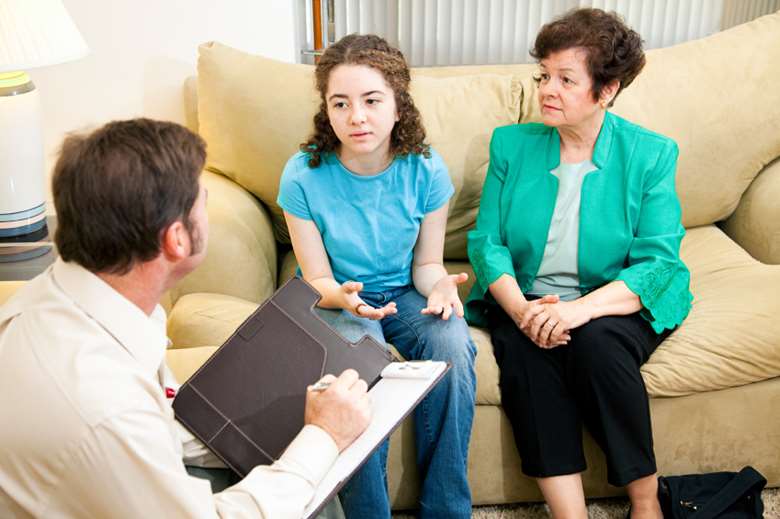Call to extend Adoption Support Fund until 2030
Nina Jacobs
Monday, July 15, 2019
The government should extend funding for vital therapeutic services for adoptive and special guardianship families for another decade, a cross-party group of MPs and peers has said.

Nearly £150m has been invested in the ASF which has supported around 38,000 families since it was launched in 2015.
This support has helped adopted children and those cared for under a special guardianship order (SGO) to recover from the impact of childhood trauma and in extreme cases, prevented placements from being disrupted and children returned to the care system, the APPG said.
In December, the government announced £12m would be added to the fund with a further guarantee in March that applications and support made and started in the financial year 2019/20 would be met.
However, the APPG said the government was only committed to delivering the fund until July 2020.
Its long-term future could be decided once the Spending Review was finalised in the Autumn, it added.
In response to uncertainty over the fund's future, an inquiry held by the APPG, supported by charities Adoption UK and Home for Good, examined the need for ongoing support for these families.
It found that more than half of adoptive parents are facing significant or extreme challenges with their children.
Around two-thirds said they had experienced violent or aggressive behaviour at the hands of their children.
The report outlines the APPG's findings which include calls for the government to continue the fund as part of its overall government strategy to deliver adoption and SGO services until 2030.
This would secure longer-term security for families and therapeutic providers, it says.
Further recommendations would require the Department for Education to ensure that the funding of adoption and SGO services enables the timely administration of applications to the fund.
Councils should use the opportunity to authorise voluntary adoption agencies to make applications and assessments to the fund to reduce unnecessary barriers and ensure timely support for families.
The DfE should also establish a specific board of clinicians to provide consultation to authorities and agencies, disseminate guidance around best practice and commission research.
In addition, it should launch a communications campaign to increase awareness among special guardians and rename the fund to recognise its remit which includes SGO families.
APPG chair Rachael Maskell, Labour MP for York Central, said the inquiry demonstrated the "overwhelmingly positive" impact the fund had made for thousands of families.
"This is why we have made the case for securing the fund for a further 10 years. We need to invest in families, not leave them fighting for support," she said.
Dr Sue Armstrong Brown, chief executive of Adoption UK, said the fund was a vital lifeline for those "re-parenting" children who are living with the legacy of trauma.
"Adoption is not a silver bullet, so these families need and deserve the right support from the state," she said.
Phil Green, chief executive of Home for Good, said the fund had the potential to achieve a greater impact.
"The report makes a strong case for the fund to be retained but also outlines specific recommendations on how the fund can be improved to ensure that the support truly enables adoptive and special guardianship families to thrive," he said.




